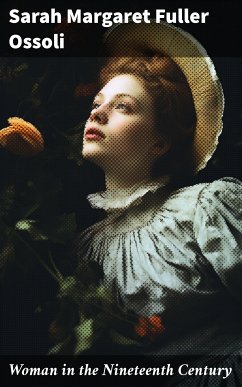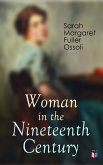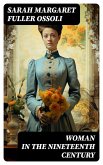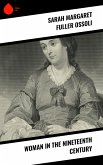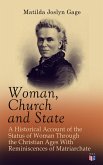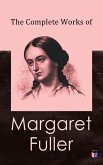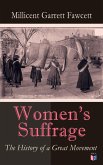In "Woman in the Nineteenth Century," Sarah Margaret Fuller Ossoli presents a groundbreaking exploration of the roles and rights of women during her era. Written in a compelling and eloquent prose style, the book weaves together personal reflections, philosophical insights, and social critique, making it a cornerstone of early feminist literature. Fuller utilizes a blend of transcendentalist ideals and empirical observations to argue for the necessity of women's independence and self-fulfillment. Contextually situated in the burgeoning women's rights movement of the 1840s, her work serves as both a manifesto and a call to action, challenging the prevailing social norms of her time. Sarah Margaret Fuller Ossoli, a prominent figure in the Transcendentalist movement and an advocate for women's education and rights, drew from her extensive experiences as a poet, editor, and social reformer. Her interactions with contemporaries such as Ralph Waldo Emerson and Henry David Thoreau enriched her perspective, and her travels in Europe further informed her understanding of gender dynamics across cultures. Fuller'Äôs own struggles with societal expectations uniquely positioned her to articulate the urgent need for change in women's lives. "Woman in the Nineteenth Century" is essential reading for anyone interested in feminism, literature, or social justice. Fuller's eloquence and depth of thought make her arguments not only historically significant but also timelessly relevant. This book invites the reader to reflect on lingering gender inequalities and inspires ongoing dialogue about women's rights.
Dieser Download kann aus rechtlichen Gründen nur mit Rechnungsadresse in A, B, BG, CY, CZ, D, DK, EW, E, FIN, F, GR, H, IRL, I, LT, L, LR, M, NL, PL, P, R, S, SLO, SK ausgeliefert werden.

